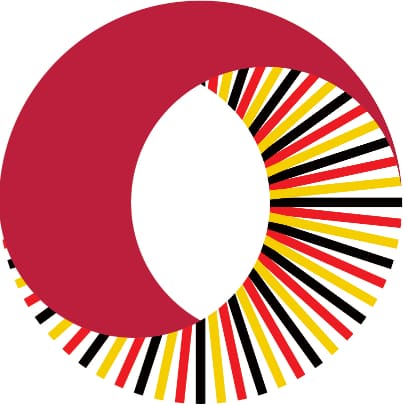12th German-Japanese Environment & Energy Dialogue Forum
At COP 26 in Glasgow, strategies and roadmaps were discussed to make the global economy greenhouse gas neutral by the middle of the century. As technology and innovation leaders, Germany and Japan are at the forefront of the global "race to Net Zero". The German-Japanese Environment and Energy Dialogue Forum (UEDF) has established itself as a platform for intensive exchange and discussion between stakeholders from politics, industry and science from both countries on important environment and energy-related topics. Past EEDFs covered the topics of renewable energy integration, energy storage and ways to decarbonise the mobility sector and industry. This time, the 12th edition of the EEDF focused on the role of cities and municipalities on the path to "Net Zero".

On September 6th and 7th 2022, representatives from businesses, government and academia met at the Japanese-German Center Berlin (JDZB) to exchange views on the role of cities and municipalities on the path to "Net Zero" as part of the 12th German-Japanese Environment and Energy Dialogue Forum (EEDF). The two-day program, which was conducted in a hybrid format, was filled with keynote speeches, panels and discussion sessions, and ample space for networking among the various participants. The first day focused on the energy and climate protection strategies of Japan and Germany and the related role of cities and municipalities. After welcome remarks on behalf of the organizers and supporters by Hiroaki Ishizuka, Chairman NEDO bitte ausschreiben, and Dr. Julia Münch from the JDZB, the current status of the respective national decarbonization strategies was presented by Ryo Minami Ministry of Economy, Trade and Industry (METI) and Ursula Borak, Federal Ministry for Economic Affairs and Climate Action (BMWK). Keiko Segawa from the Ministry of Environment in Japan (MoEJ) and Dr. Eva Kracht from the Federal Ministry for the Environment, Nature Conservation, Nuclear Safety and Consumer Protection (BMUV) explained in their subsequent contributions the special role of cities as key actors for successfully tackling the climate crisis and achieving climate neutrality. A keynote speech on zero-emission cities with the call to rethink mobility by Prof. Felix Creutzig (Mercator Research Institute on Global Commons and Climate Change) served as a conversation opener for a lively panel discussion with different perspectives from representatives of the cities of Tokio and Berlin, Keio University and NEDO. At the end of the first day, participants on-site had the opportunity to dive deeper into their preferred topics and interests in thematically structured networking sessions and to exchange personal experiences.
The second day of the EEDF was divided into two parallel sessions that focused on promising technologies and concepts for climate-neutral cities. The different sessions’ main topics were municipal energy management, sustainable urban mobility, implementation of hydrogen projects, ideas from the field of circular economy and strategies to achieve "Net-Zero" for cities and living areas with different circumstances (big cities, metropolitan regions, port cities, rural communities). Ulrike Vorwerk of the German Institute of Urban Affairs (Difu) and Kazuyuki Imazato, Director General of NEDO's Representative Office in Europe, led through the day. Each session was packed with innovative ideas for addressing the pressing challenges that cities are facing around the world: Mobility solutions to achieve the vision of a more sustainable society, digital data platforms to manage and control inner-city logistics, hydrogen production integrated into residential areas, waste heat from data centers, and many other sustainable technologies and projects. The informative contributions of experts and the active participation of the participants on site and on the screens made the event a successful one full of insights, discussions and encounters.

